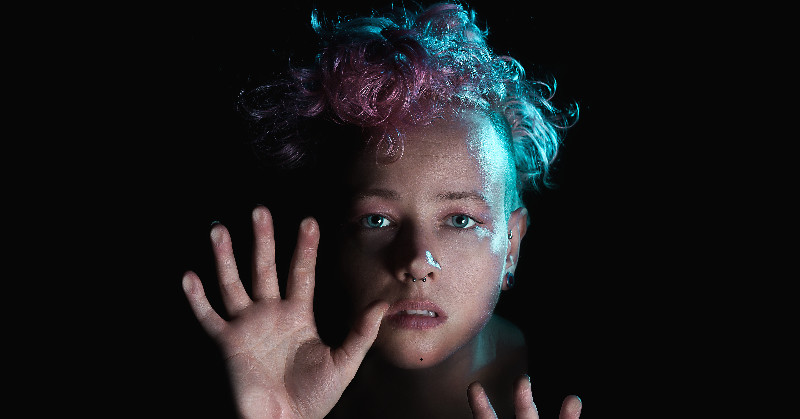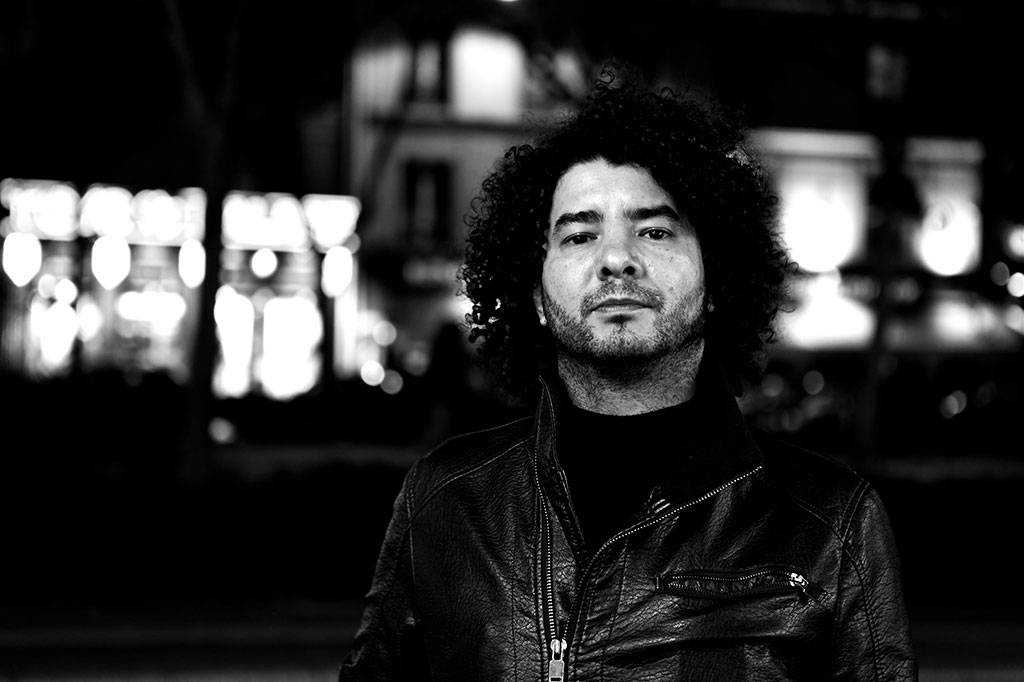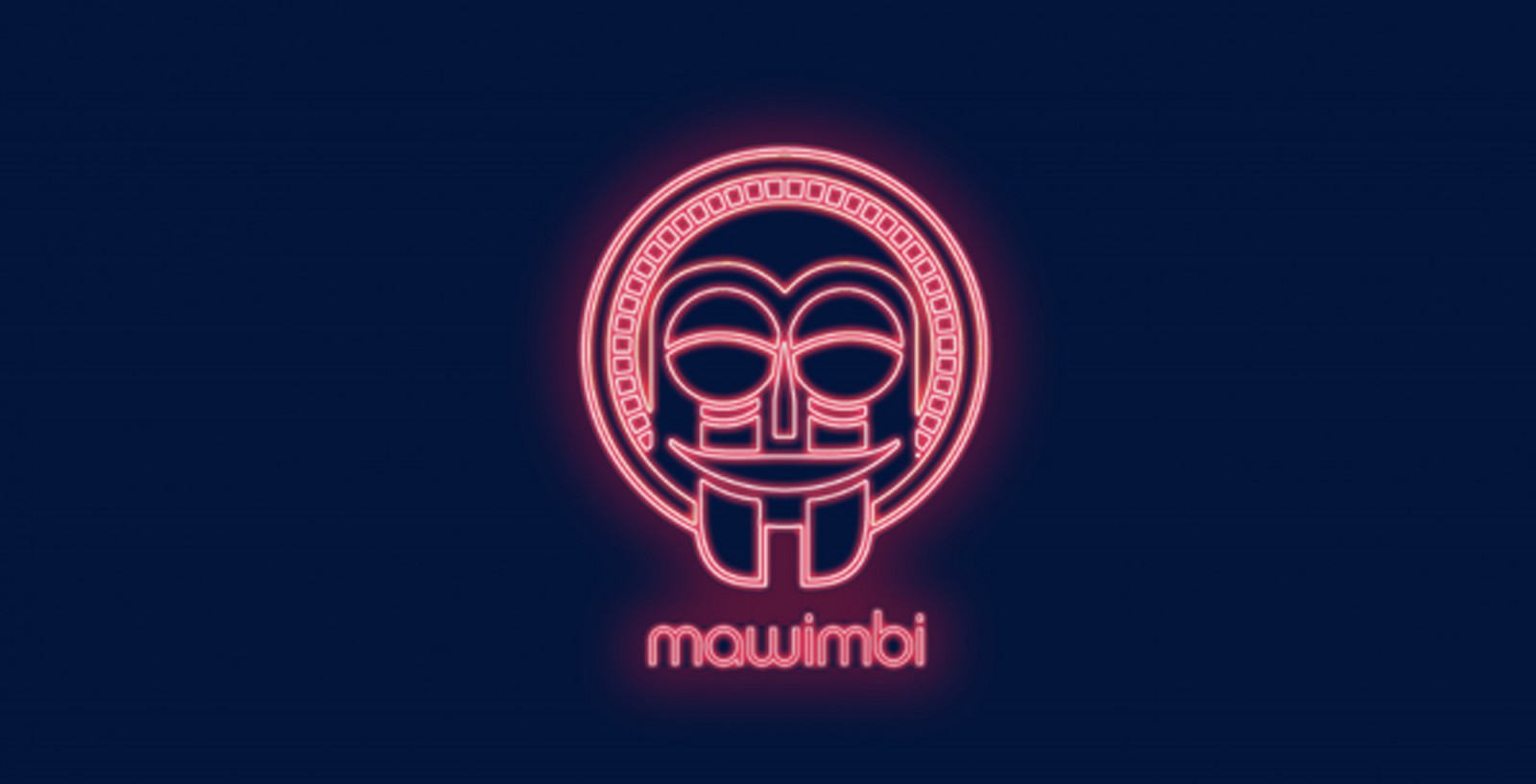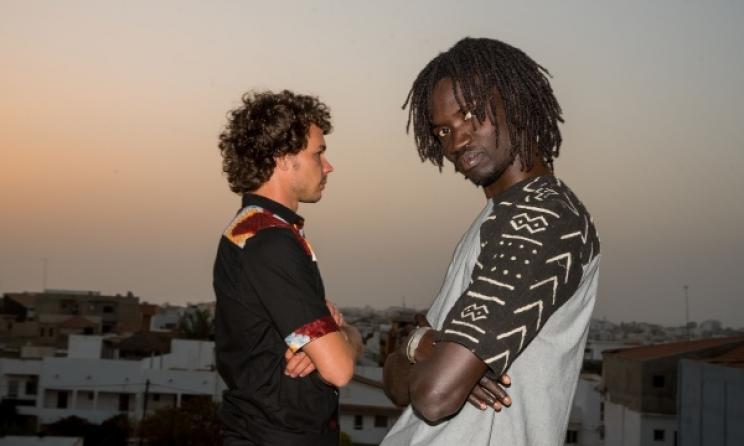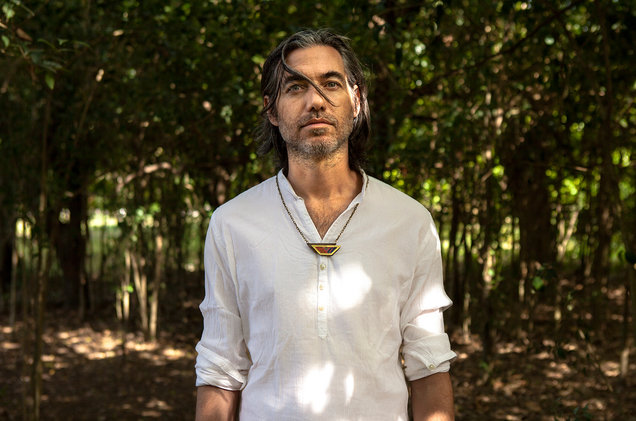WOMEX – the World Music Expo – is the most international music meeting in the world and the biggest conference of the global music scene, featuring a trade fair, talks, films and a showcase festival.
Over 2,600 professionals (including 303 performing artists) come together every October from more than 90 countries, making WOMEX not only the number one networking platform for the world music industry, but also the most diverse music meeting worldwide. 7 stages, 700+ exhibiting companies, 80 speakers, films, an opening concert and an award ceremony across five packed networking days and rather short nights. The 2017 edition has rewarded Glitterbeat Records (Label Award) and Malian artist Oumou Sangaré (Artist Award). The award honors Oumou’s dedication to activism and advocacy for the underprivileged in Mali and abroad and her innovative changes to Wassulu music.
This year WOMEX will take place from October 24 to 28 in the Canary Islands, off the northwest coast of Africa. Its musical spectrum is unparalleled in the international showcase festival scene, ranging from the most traditional to the new global local underground, embracing folk, roots, local and diaspora cultures and urban and electronic sounds from all over the globe as well as all musical juxtapositions of these.
Here is below a selection:
LaBaq
25 October 2018
From São Paulo, Larissa Baq – known to her growing international fan-base as LaBaq – is one of the leading figures on the Brazilian alternative music scene. Whether solo with just her guitar, or using loops and effects to build spacious reflective structures, or finely honing funky grooves with her bass player and drummer, her soulfully intimate voice relates her tales of life and love with a seductive grace.
With a dedicated following in Brazil and Portugal, she has also performed in Spain, Germany, Russia, Chile, Argentina and Sweden; a modern troubadour playing in venues of all sizes from living rooms to major festival stages. Her 2016 album VOA has so far garnered over a million plays on Spotify and her official video-clips have attracted hundreds of thousands of viewers on YouTube.
Sofiane Saïdi & Mazalda
25 October 2018
Sofiane Saidi, the ‘Prince of Rai 2.0’, sulphurous Algerian crooner and inventor of oriental glam, unveils another phase of his multifaceted history with a new electro-Maghreb vision, joining forces with the analog synths, saz, horns and percussion of turbo-clappers Mazalda to create a fizzingly fresh take on classic 80s Rai.
Born in the Algerian Rai heartland of Sidi bel Abbes, Saidi relocated to Paris in the 90s where he began moving through multiple musical worlds, from his 1996 debut with Senegalese hiphoppers, Tukuleur, through collaborations with Acid Arab, Natacha Atlas and Smadj, Breton roots-rockers Startijenn and Rai pioneers, Raina Rai, before releasing his own album, El Morjane, in 2015, a shiny electro-raï concoction directed with Tim Whelan of Transglobal Underground. Now he’s closed the loop with his roots to create ‘Rai 2.0 for the third millennium’.
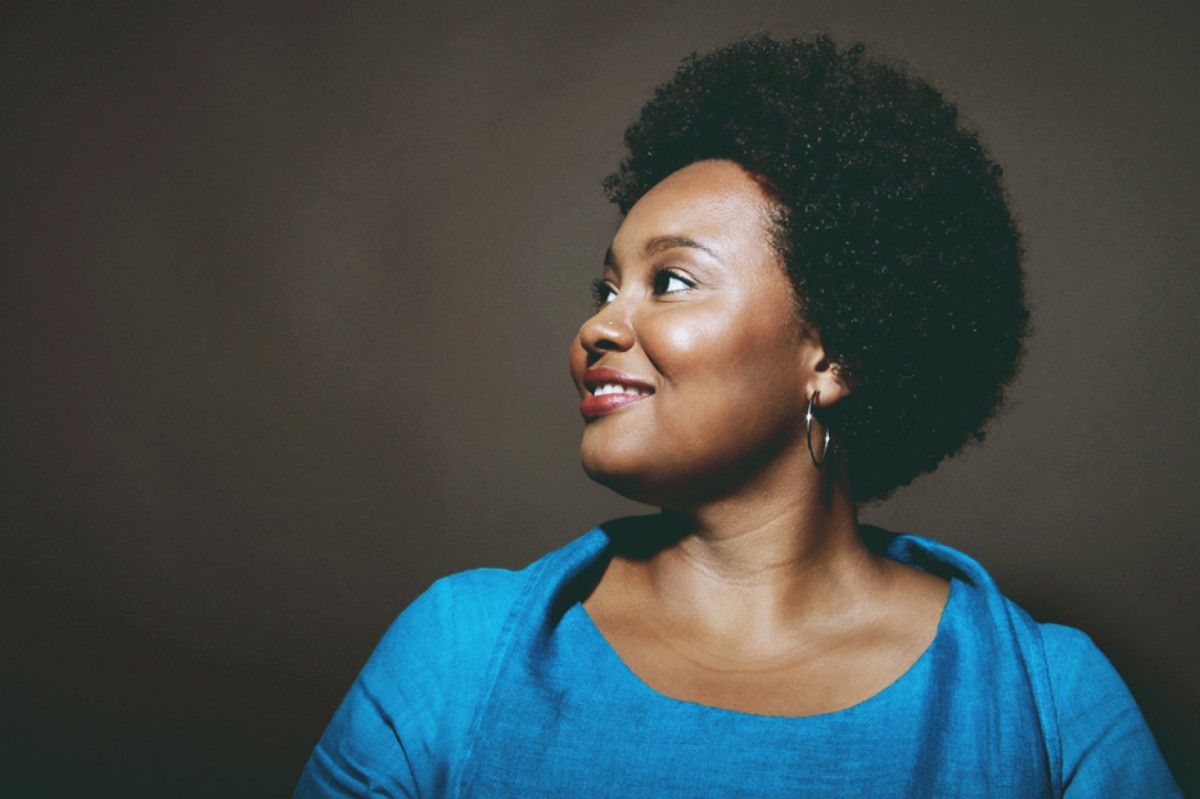
Lucibela
26 October 2018
Born 1986 on the island of São Nicolau and singing ever since, Lucibela’s assured, warm voice is formed from years of assimilation of the sounds of morna and coladera. She began performing with a band while at the high school, later going on to sing in hotels in Boa Vista, entertaining tourists, performing songs made famous by the great singers of Cabo Verde such as Cesária Évora, Titina or Bana; songs that she knew by heart and made her own.
In 2012, she moved to Praia, soon attracting attention in the city’s music venues, finally making a breakthrough at the 2017 Atlantic Music Expo, leading to invitations to Belgium and Lisbon, where she recorded her debut album with producer Toy Vieira, Cesária Évora’s musical director, furthering her aim of carrying on the great diva’s legacy.
Mawimbi
27 October 2018
DJ and record label duo spearheading Afro-centric blend of ghetto house, modern highlife and shamanic techno and producing remixes of Cerrone, Calypso Rose, and Oumou Sangaré featuring Tony Allen and Femi Kuti.
For the past three years the crew has been releasing the records of Umeme or Umoja and recently the album of the artist Loya from La Reunion.
Guiss-Guiss Bou Bess
25 October 2018
Electro-Sabar is what Guiss Guiss Bou Bess call their dynamic audio-visual amalgamation of electronic music with traditional sabar percussion and mbalax.The ensemble grew from an encounter between Senegalese singer, dancer and drummer Mor Talla Seck and French electronic musician, percussionist Stéphane Costantini in 2016.
They joined with video artist Benjamin Richard to produce their first video, ‘Jigueenu Africa’, featuring scenes of Dakar street dances. Richard’s scenes of Senegal life feature in the live show alongside clips of Mor Talla Seck’s father, the late Alla Seck, renowned dancer and lyricist in Youssou N’Dour’s original Etoiles de Dakar.
The band says their mission is to spread the living cultural legacy of mbalax to a broader public. Their trance-inducing mix of pulsing electronic constructions turbo-charged with multi-layered sabar rhythms seems like an excellent way of achieving it.
Uji
25 October 2018
Uji (Luis Maurette) is a nomadic electronic producer and multi-instrumentalist born in Buenos Aires, Argentina, and raised throughout Latin America. Half of the pioneering duo Lulacruza since its inception in 2005, with whom he has released 5 albums, a feature film and multiple world tours. Luis ‘Uji’ Maurette’s solo project merges ancient and modern, drawing on Latin American, African and other folk traditions from around the globe.
We also recommend Kronos Quartet (USA), Etenesh Wassie Trio (Ethiopia / France) and Nelida Karr (Equatorial Guinea). You can find WOMEX 2018 full schedule here.
Read Next: ‘Quebra Cabeça’ by Bixiga: São Paulo’s band integrates urban sounds into their afrobeat

